Sydney, Australia – February 11, 2025 – The 2025 RCEP Business Forum successfully concluded on February 11, 2025 in Sydney, co-hosted by Cheung Kong Graduate School of Business (CKGSB) and the University of Sydney Business School. As an integral part of the two schools’ unique joint program, New Energy and the Disruption of Traditional Industries program, this forum shed light on the evolving trade dynamics under the Regional Comprehensive Economic Partnership (RCEP) and opportunities in the global energy transition.
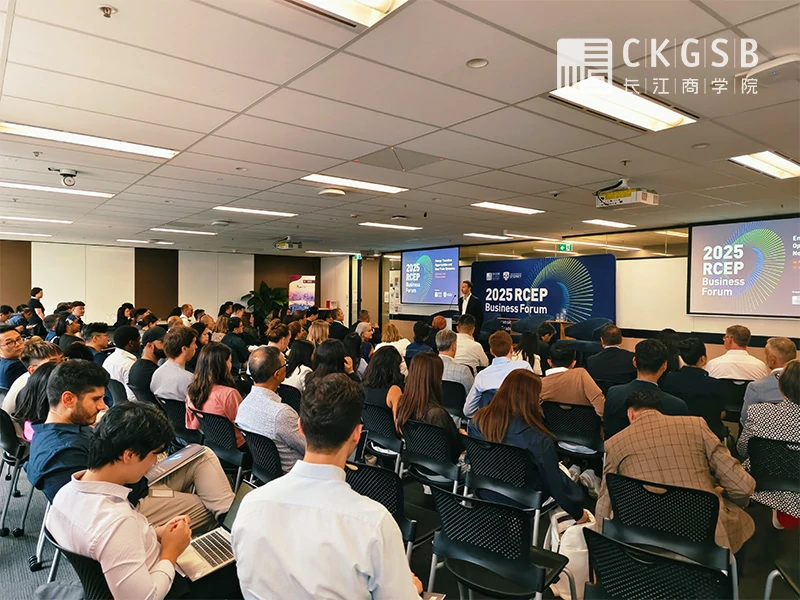
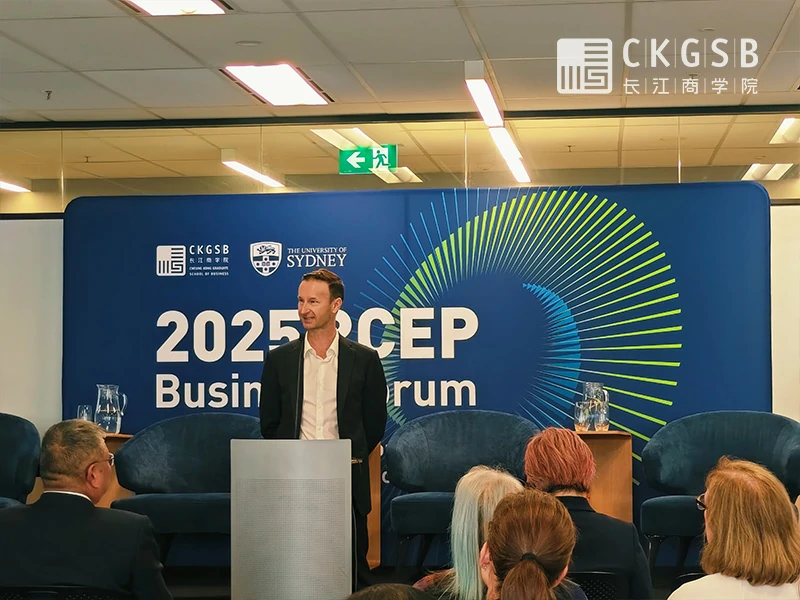
Professor Steven Maguire, Deputy Dean (Research) of the University of Sydney Business School, welcomed the forum’s guests, who included more than 120 business leaders, policymakers, and academics. Andrew Robb AO, former Australian Minister for Trade and Investment, kicked off the event with a special video message, in which he said “the free and market-based communities progressively fostered globalization, prompting the steady emergence of millions of interconnected global supply chains.” Echoing Andrew’s message, Maroun El Khoury, Executive Director, Industry and Investment of Investment NSW, looked back at Australia’s 200-year long trade relationship and dynamics with Asia. He emphasized that New South Wales’ 2025 budget included $3.1 billion to help deliver its five renewable energy zones. “We’ll be looking at what the future holds for the region as new industries, new dynamics, and disruptions change trade and investment landscapes,” said Maroun.

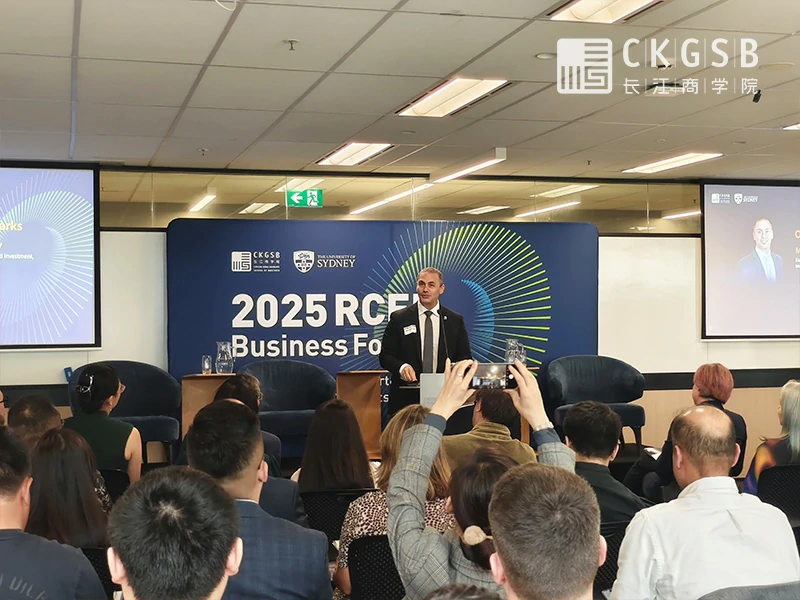
The forum’s opening keynote by Bing Xiang, CKGSB’s Founding Dean and Dean’s Distinguished Chair Professor of China Business and Globalization, outlined RCEP’s geopolitical and economic role in the new global order. In the context of the US-China decoupling and geopolitical frictions, he emphasized the importance of collaboration and coordination. Among the multiple bilateral and regional trade and investment agreements signed since 2008, RCEP is the largest regional trade agreements in terms of global share of merchandise exports and manufacturing output. “For the economic prosperity of RCEP, we need better integration, more trade, and more investment, especially in the era of disorder.”
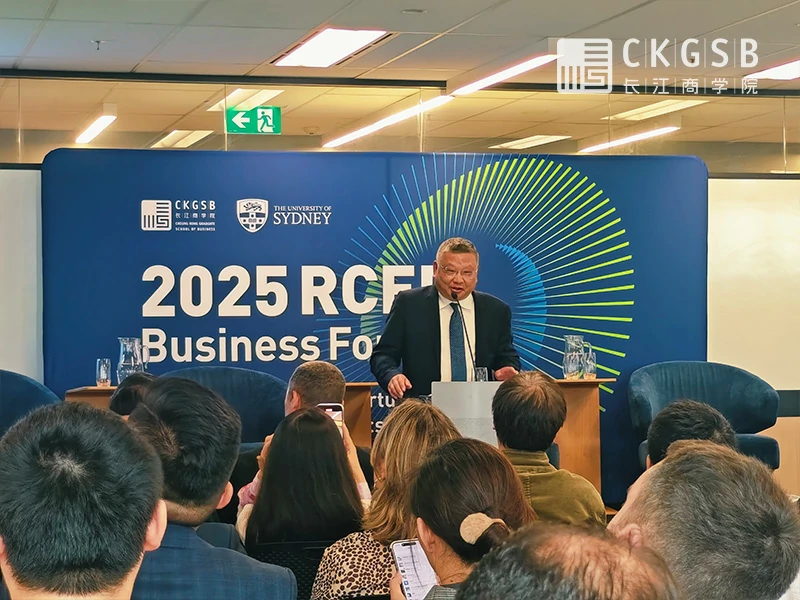
Geopolitical tensions, climate change and technological advancements are the triple challenge that humanity faces, according to Li Wei, Professor of Economics and Associate Dean of CKGSB, who led the forum’s session on new energy advancements. He highlighted how technological growth has become a double-edged sword as people are burning more energy to develop technology, therefore contributing to climate change, but also helping economies embrace green technology, as evidenced by the development of the electric vehicle sector. “Going green now is not only the wise choice. It is actually the cost saving choice,” Professor Li said, explaining how certain renewable energy technologies are already cost-competitive with their traditional counterparts.
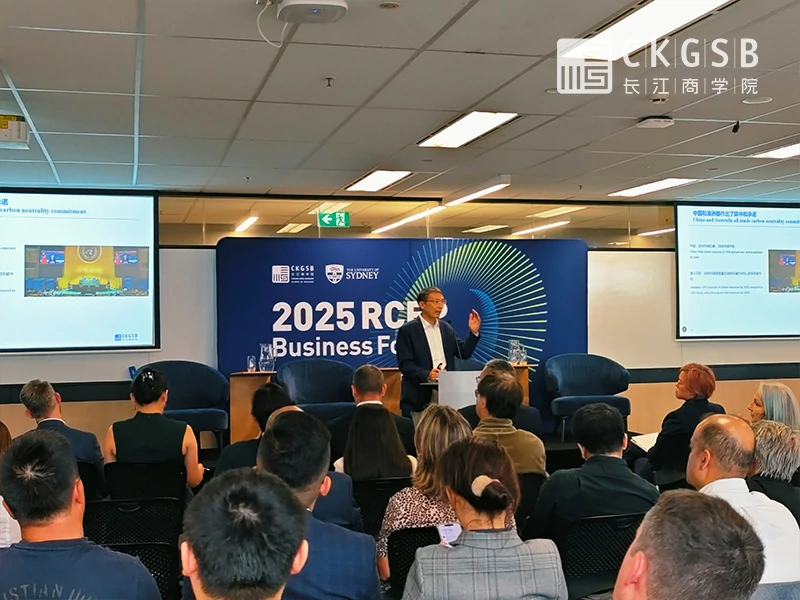
In the panel led by Professor Li, speakers examined the rapid progress of renewable energy adoption, particularly in China and Australia, and its implications for industries. Helen Dai, Deputy Consul-General (Commercial) and Trade and Investment Commissioner at the Australian Consulate-General in Chengdu, pointed out that nobody can do the energy transition alone. “The Australian government has significant funding programs in place to support energy transition as part of Future Made in Australia. And hopefully, this can help all of our economies to go forward and work together on this transition.” In response to her point, Justin Koek, A/ Executive Director of NSW Department of Climate, Energy, the Environment and Water said, “What we’re hoping to see is that in a few months’ time, we’ll be executing funding deeds with proponents so that we can have the production of renewable energy, infrastructure to support new businesses who are looking to produce low carbon materials and chemicals here in New South Wales that are all the building blocks for a successful transition to a low carbon industrial base. There’s a lot of learning we can probably borrow from the path that other others including China have trod on this.”
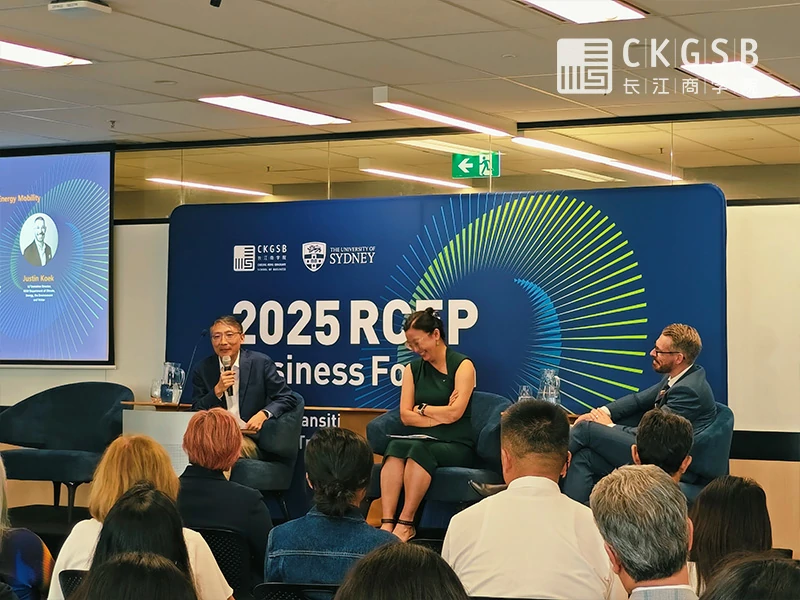
Another key theme of the forum was the role of RCEP and its trade dynamics in the region. Michael Helleman, Head of Asia Desk of Australian Trade and Investment Commission (Austrade), shared that, as the fastest-growing advanced economy of the early 2020s, Australia is expected to continue to outperform its peers by 2029, due largely to the prosperity of its key RCEP trading partners, including China and ASEAN nations.
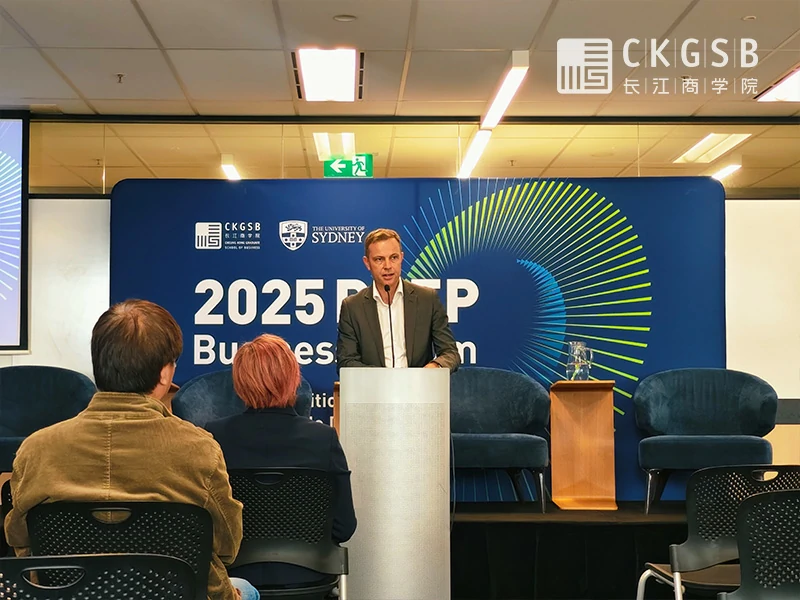
Wei Li, Senior Lecturer and Program Director for the Master of International Business of the University of Sydney Business School, also led a dynamic panel discussion with industry leaders, who collectively explored growth and innovation opportunities in Australia and the region. Professor Wei Li shared her research on Asian businesses in Australia. In her study she has found that Australia’s openness as a country is mostly through trade with Asia. Despite the volatile global environment, Australia’s resources industry has been quite resilient in exports into Asian countries, because of the diversified supply chain that Australia has been able to build over the last two decades among Asian countries. She also pointed out that the new energy sector represents a huge opportunity for Australia in Asia, with potential for a great deal of collaboration between Australia and China.
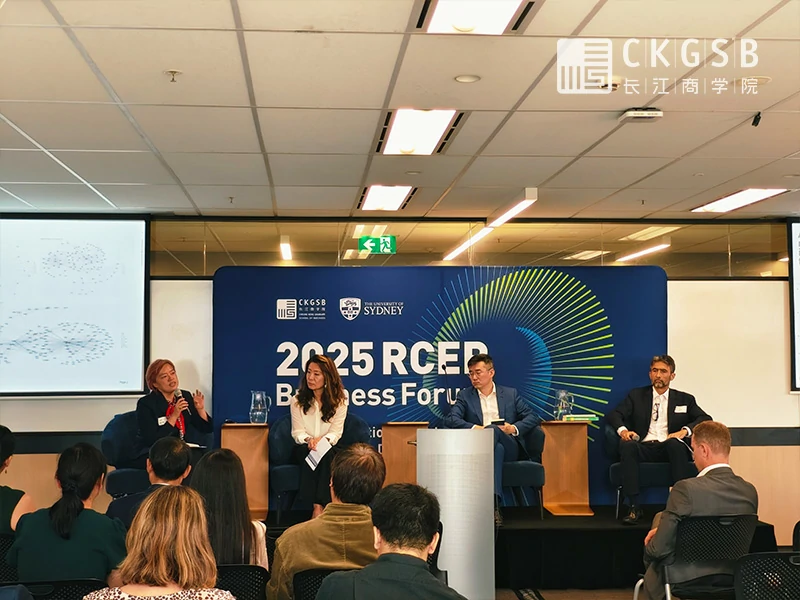
In Professor Wei Li’s panel, Ning Chen, CEO of Goldwind Australia, a wind turbine manufacturer, shared that policy stability and grid connectivity are some of the main challenges in their business expansion into Australia. Helen Zhi Dent, President of ACBC NSW and Partner of KPMG Australia, shared a new trend that she sees of more diversified investment interest from China into Australia primarily through greenfield investment in sectors like renewable energy, batteries, electric vehicles, drones and driverless e-trucks. David Soldani, CTO of Rakuten, analyzed the restrictions of artificial intelligence and suggested that energy, rather than data availability, is the real bottleneck that limits the development of AI. Nuclear fusion, carbon capture and storage technologies, infrastructure digitalization and AI can all be areas where Australia and China can collaborate, according to David. The panel also explored best practices in overseas expansion. Helen stressed the significance of localizing decision-making to domestic offices. Ning emphasized understanding the local market by engaging with government agencies and conducting market research. Speakers highlighted how businesses in Australia, China, and beyond can adapt to changing energy policies, leverage new trade agreements, and drive innovation in response to the increasing demand for sustainable solutions.
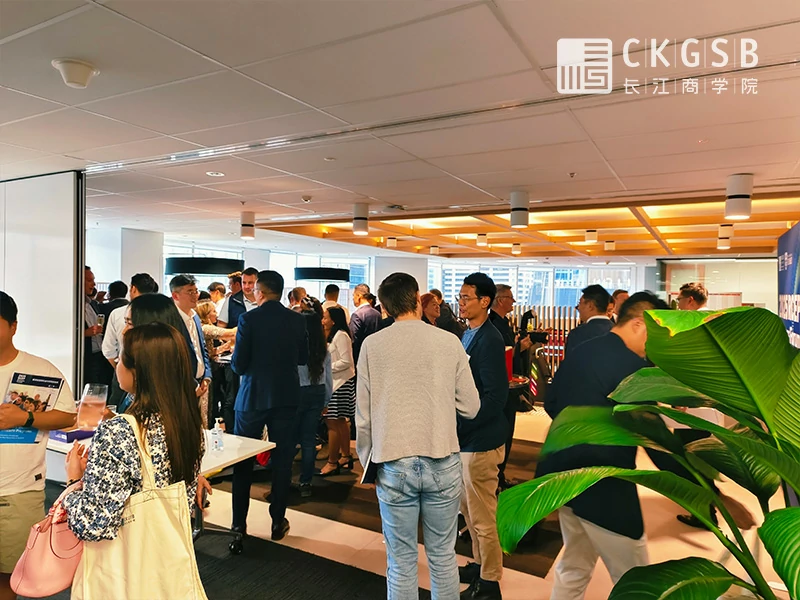
Reflecting on the event’s success, CKGSB and the University of Sydney Business School reaffirmed their commitment to fostering dialogue and collaboration between business leaders and policymakers to support economic growth under the framework of RCEP in the Asia-Pacific region.